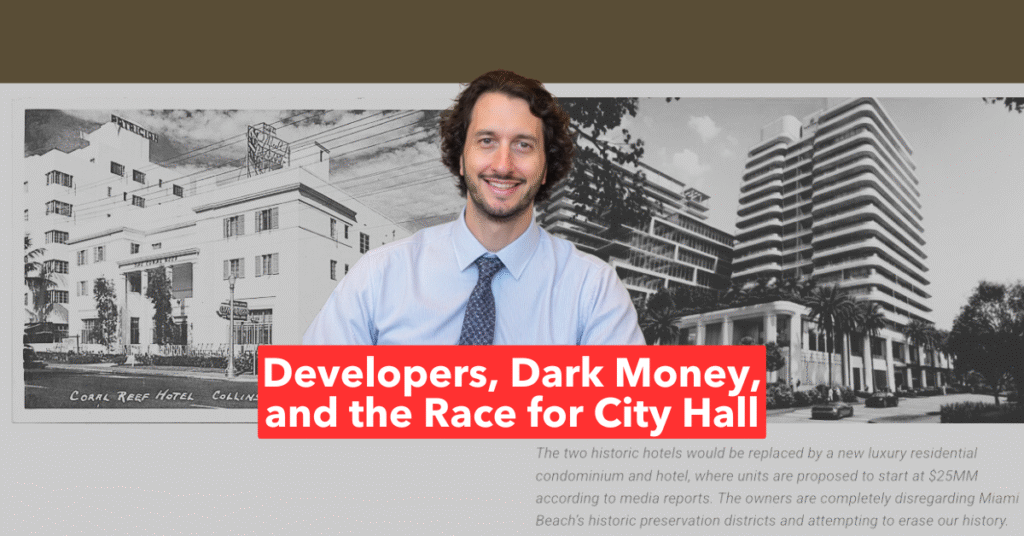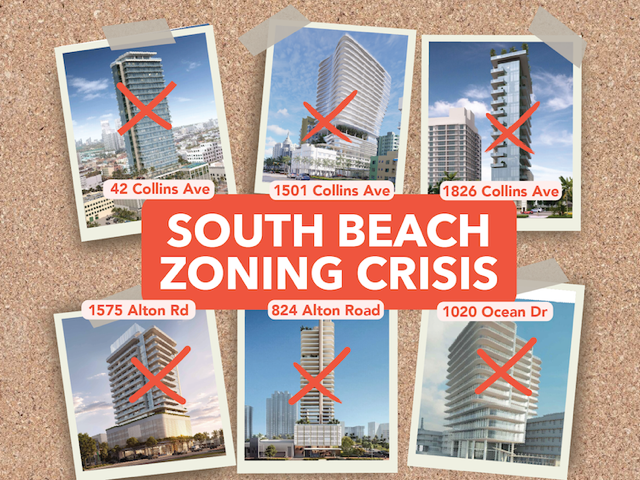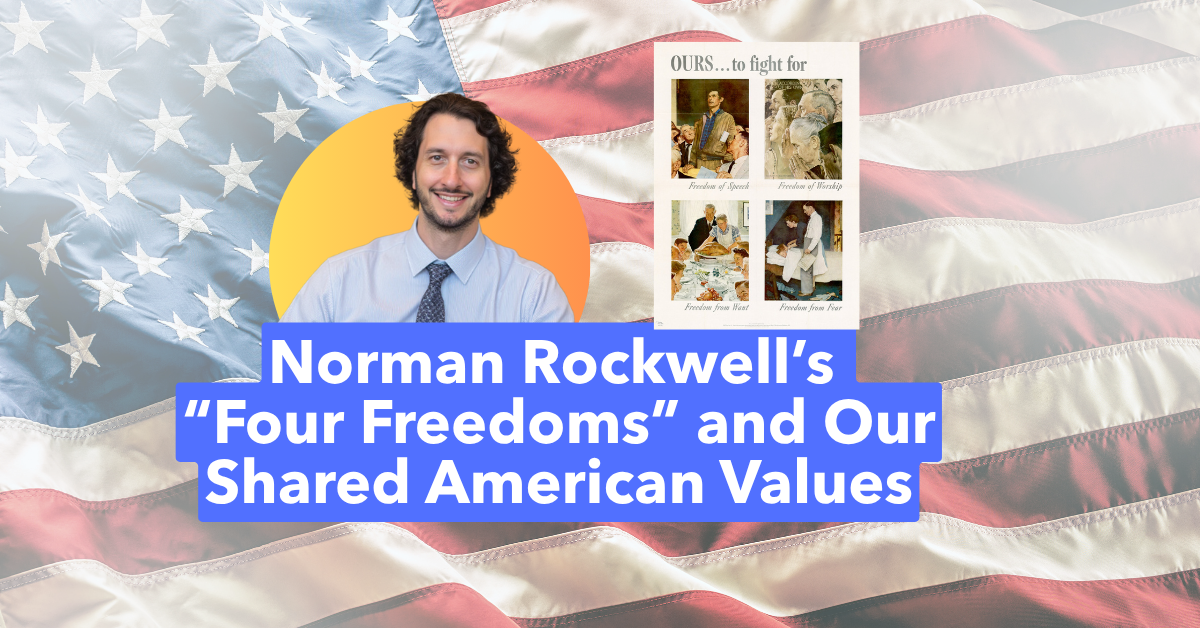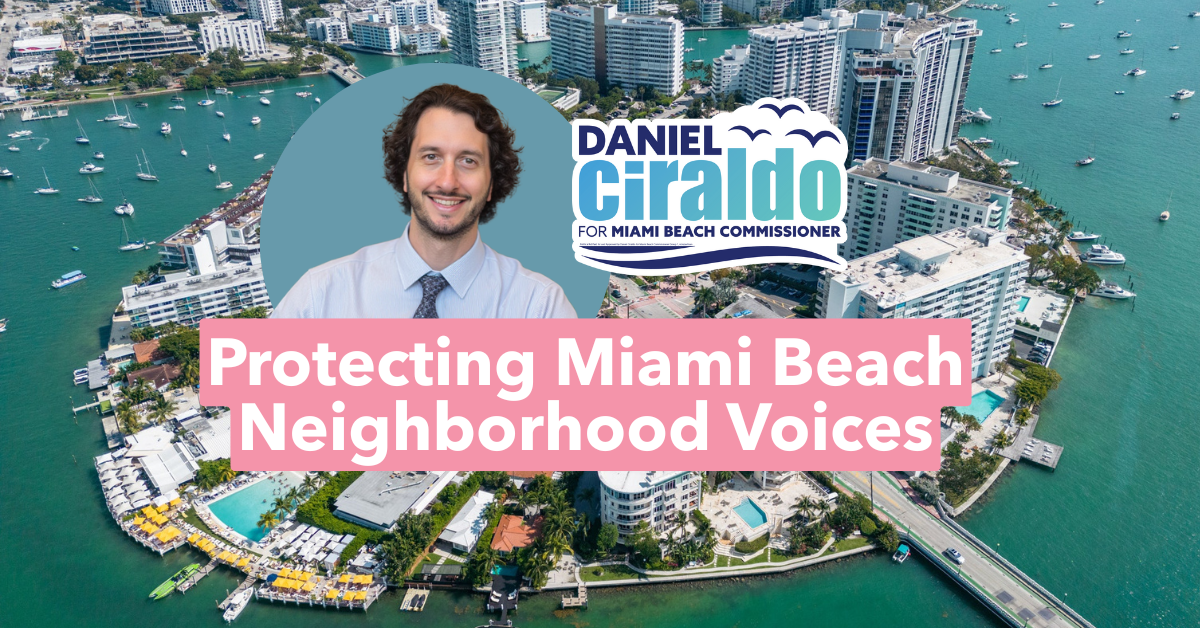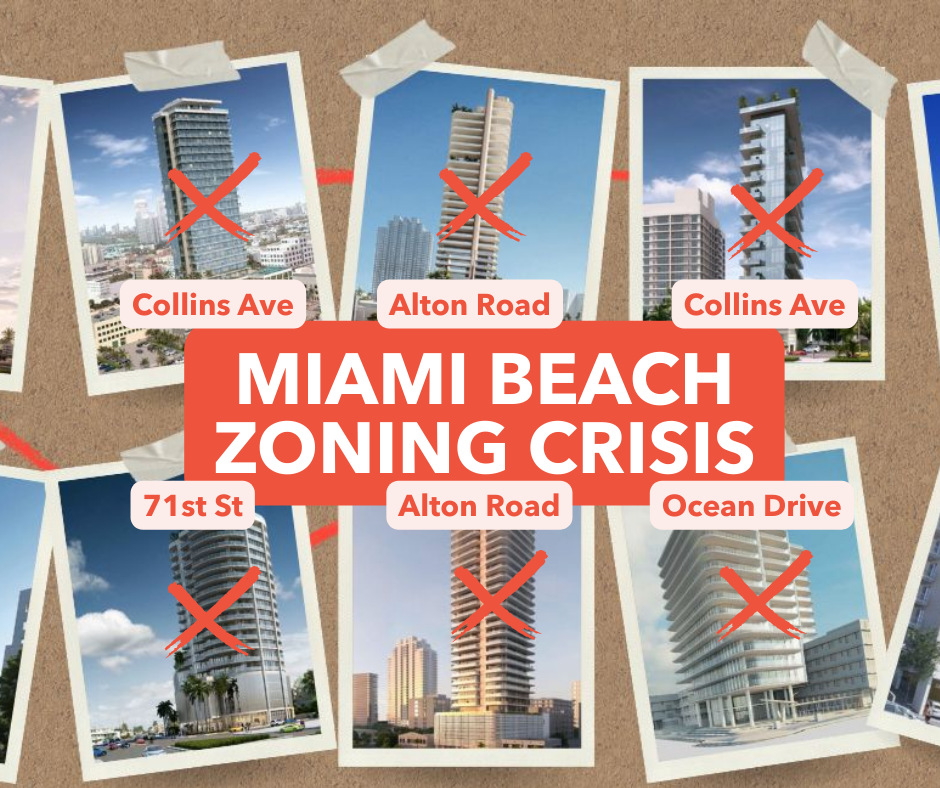In Miami Beach, we know that what happens behind closed doors can change our skyline, our neighborhoods, and our way of life. That’s why transparency matters. And that’s why this election for City Commission Group 1 matters more than ever.
Behind candidate Brian Ehrlich’s campaign is a quiet but powerful network — one that mirrors the dark-money political playbook we’ve seen spreading through Florida in recent years. It’s a playbook that prioritizes luxury development over livability, backroom deals over public process, and out-of-town donors over local voices. And it’s one we must reject if we want to preserve the soul of Miami Beach.
What Is Dark Money — and Why Does It Matter in a Local Race?
“Dark money” refers to political spending where the original source of funding is obscured from public view — often funneled through innocuously named committees or nonprofits that act as intermediaries. Investigative journalist Jason Garcia recently documented how these opaque structures operate in Florida: lobbying firms setting up political committees, donors disguising themselves behind layers of shell organizations, and bills written not by elected officials but by those who paid for access.
This influence reaches from Tallahassee down to our city. Developers and lobbyists who couldn’t get what they wanted through public process are now relying on new tactics — including funding local candidates who they hope will quietly support their interests once in office.
The Network Behind Brian Ehrlich
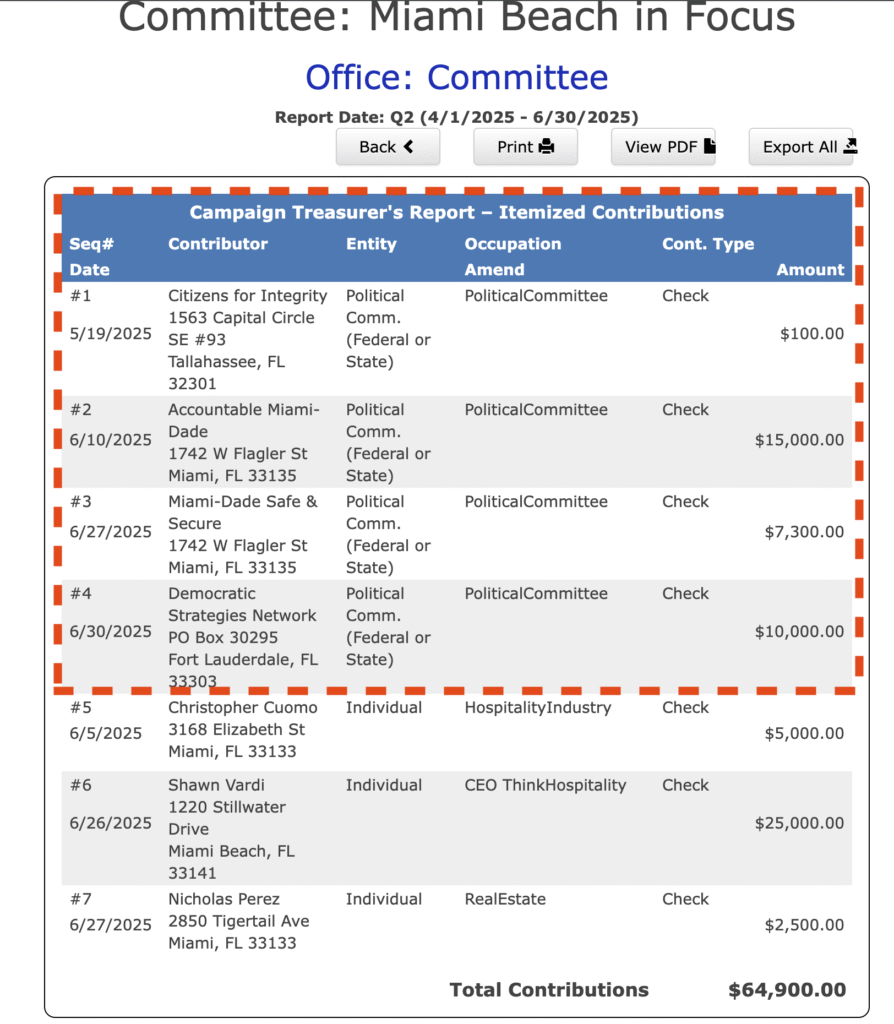
According to public campaign filings, Brian Ehrlich’s political committee, Miami Beach in Focus, is chaired by Natalie Kato, an attorney and political insider. Ehrlich’s committee paid $3,000 to Kato’s law firm for “legal services” — a transaction that creates not just a financial tie, but a structural alignment between candidate and chair.
But Kato isn’t just affiliated with Ehrlich. She’s also been tied to Resilient Future Florida, a political committee operating in the shadows of Miami-Dade’s development and zoning politics.
These groups often work in coordination — sharing vendors, legal resources, and funders — to shape the outcome of elections and public policy debates without having to answer to the public. It’s been particularly problematic since the Supreme Court decision on Citizens United.
It’s the same strategy we’ve seen deployed statewide: fund a candidate, hide the source of money, and then reap the rewards in zoning decisions, demolition approvals, or favorable ordinances once that candidate takes office.
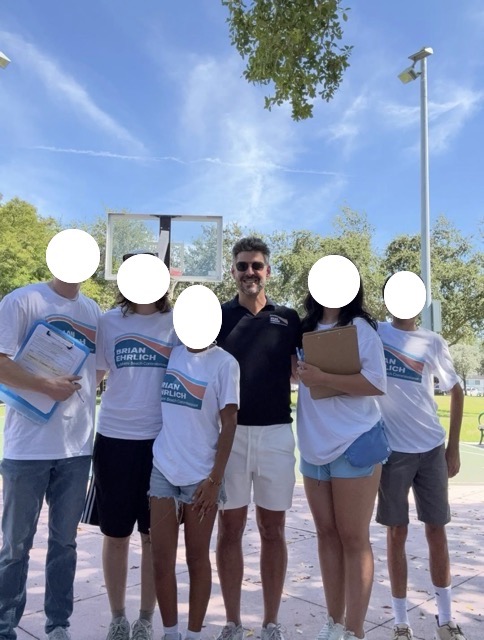
From Coral Reef to Casa Cipriani: The Cost of Influence
To understand what’s at stake, look no further than the demolition now underway of the Coral Reef and Patrician hotels — two historically significant buildings in the Collins Waterfront Historic District. Built in 1941 and 1937 respectively, these properties aren’t just buildings; they are part of our city’s story, symbols of the Art Deco, human-scale charm that makes Miami Beach unique.
Now, they’re being prepared to be torn down.
In their place, a luxury mega-development: Casa Cipriani — a branded condo, hotel, and private club developed by 13th Floor Investments, in partnership with Midtown Equities and Cipriani. This development benefits from a controversial state law (SB 1526) that weakened local preservation protections, allowing developers to bypass the public process in the name of “resiliency.”
Who helped pass that law? Lobbyists and political influencers operating in the same orbit as the committees backing Ehrlich’s campaign.
Who is 13th Floor working with elsewhere in the region? The Related Group, one of the most powerful and politically connected developers in Florida.
This does not appear to be a coincidence — it appears to be a coordination.
Check our our campaign video below:
A Commissioner for the People, or for the Power Brokers?
The question voters must now ask is simple: If Brian Ehrlich is funded and supported by the same network that helped remove landmark zoning protections for the Coral Reef and override Miami Beach’s preservation laws, how can we trust him to protect our neighborhoods?
Will he defend historic districts?
Will he question backroom rezonings?
Will he stand up to the developers when they come knocking with campaign checks?
Or will he remain silent — like the money supporting him?
At a time when our community is fighting to preserve affordable housing, cultural heritage, and environmental protections, we cannot afford silence. We cannot afford conflicted loyalties.
This Election Is a Turning Point
Miami Beach stands at a crossroads. On one path: transparency, public process, and the belief that elected officials should work for residents — not for donors hidden in committee filings. On the other: a slippery slope toward a city where every block is for sale, where zoning is rewritten behind closed doors, and where voices of preservation and equity are drowned out by corporate money.
It’s ironic – and somewhat scary – that Brian’s campaign slogan is “Delivering a better city, block by block.” Based on his funders, one has to wonder for whom this ‘better’ city is being built? Because most Miami Beach residents are not in the market for new condos starting at $25MM.
This isn’t just about Brian Ehrlich. It’s about the system that allows candidates to be propped up by entities like Resilient Future Florida — while refusing to tell voters where the money is coming from or what it’s buying.
What You Can Do
- Ask Questions: Where is Ehrlich’s money coming from? What promises have been made behind the scenes?
- Demand Transparency: Any candidate seeking your vote should be willing to disclose ties to political committees and developers.
- Vote for Independence: Support candidates who put residents first, not special interests.
- Speak Out: Share this post. Talk to your neighbors. Attend commission meetings. Your voice matters.
As someone who has spent my career fighting to preserve the character, culture, and integrity of Miami Beach — I believe in a better future. A transparent one. A resilient one. One that’s built for people, not profits.
Let’s stand up — together — and send a clear message: Our city is not for sale.
Vote Daniel Ciraldo for Miami Beach Commission Group 1.


